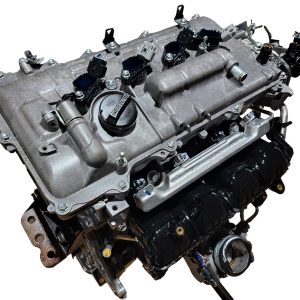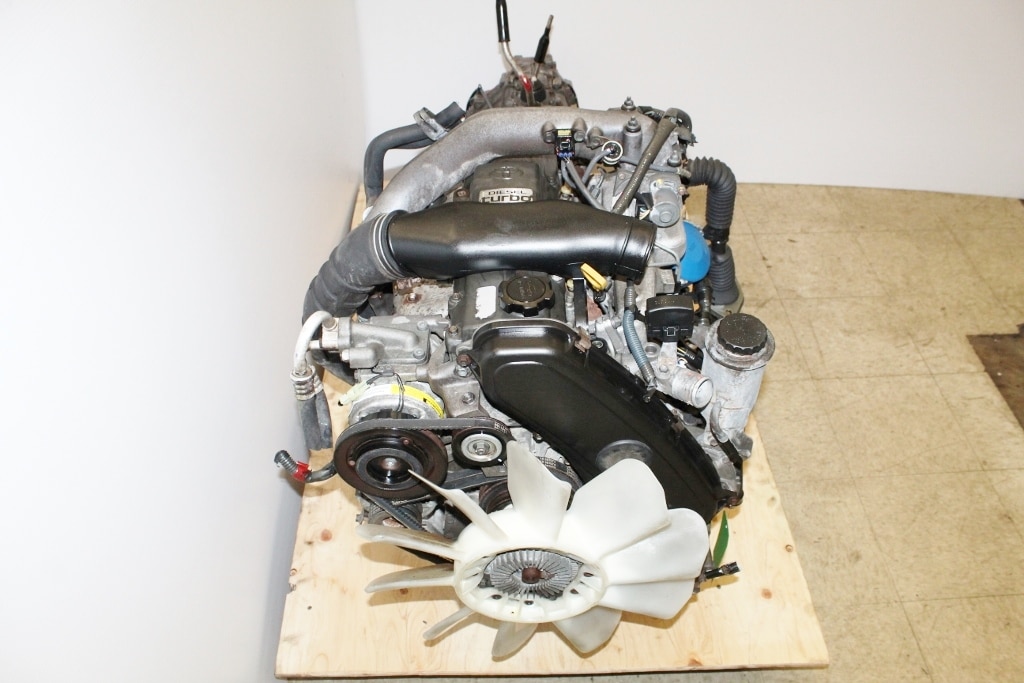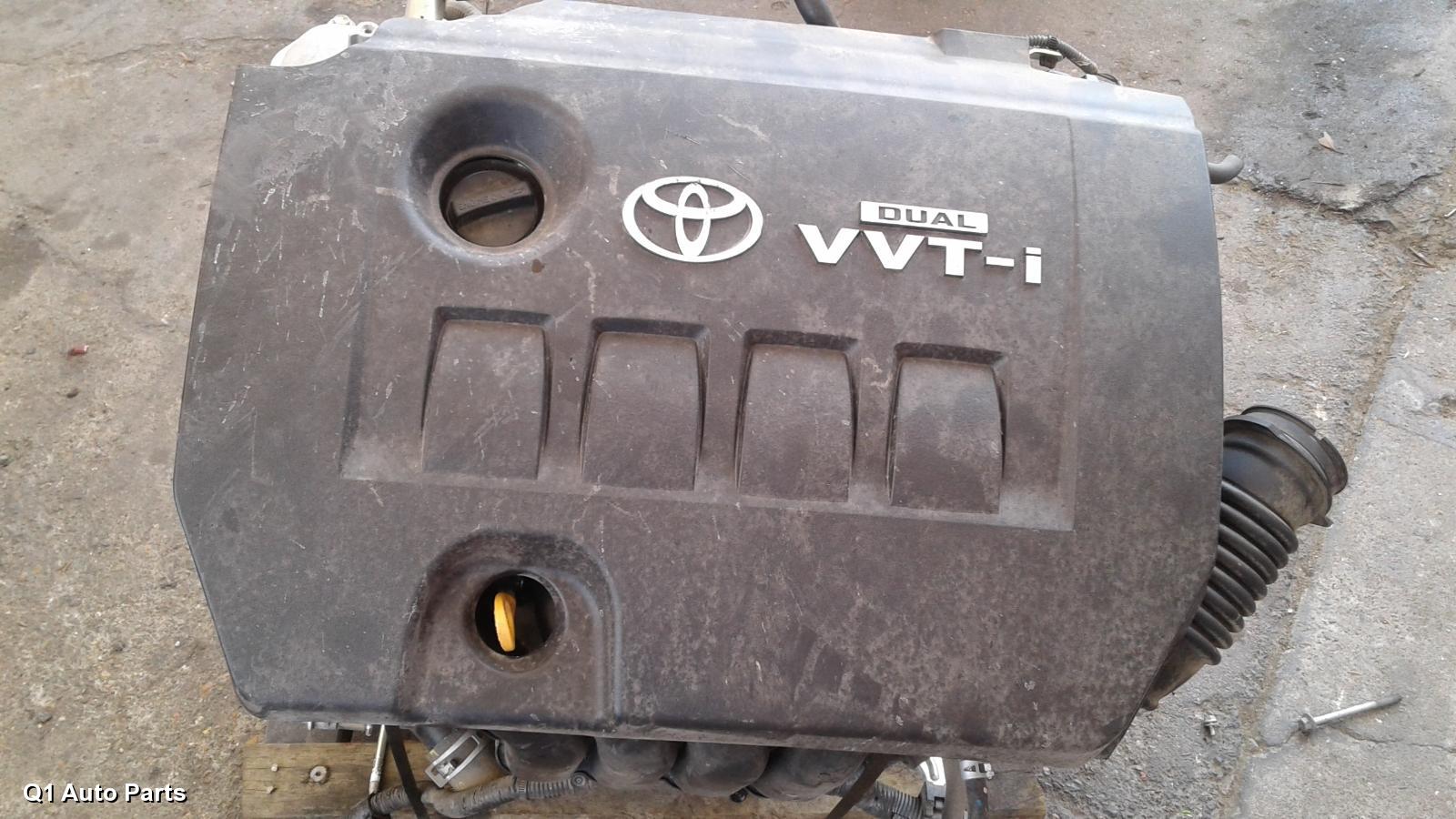Learn Why the Toyota RunX RSI Is a Popular Choice Among Compact Cars
Learn Why the Toyota RunX RSI Is a Popular Choice Among Compact Cars
Blog Article
Explore Quality and Value: Your Guide to Getting a Previously Owned Engine
When thinking about the purchase of a second-hand engine, recognizing the intricate balance in between quality and value is extremely important. A thorough evaluation of engine integrity, problem, and background is necessary to make certain a sound investment. By conducting correct examinations and research, possible purchasers can navigate the complexities of the market better. The nuances of guarantee options and rates methods can considerably influence the total decision-making process. As you contemplate these aspects, one question continues to be: what particular elements will inevitably assist your option in this crucial investment?
Understanding Engine Types
When considering the purchase of a second-hand engine, understanding of the different engine types is important for making a notified decision. Engines can typically be categorized into two main types: internal burning engines and electric engines. Inner combustion engines, that include gasoline and diesel variations, depend on the burning of fuel to produce power. Gasoline engines are normally lighter and rev greater, making them ideal for efficiency cars, while diesel motor are renowned for their torque and fuel efficiency, frequently preferred in durable applications.
On the other hand, electric engines use electrical power kept in batteries to power the car, supplying a cleaner choice with less moving components and decreased maintenance needs. Within these categories, there are further differences, such as four-stroke versus two-stroke internal burning engines, and various electric motor setups.
Comprehending these differences is essential, as they influence efficiency, compatibility with existing vehicle systems, and lasting operational costs. By familiarizing oneself with the various types of engines offered, possible buyers can better assess their demands and choose that straighten with their automobile's demands and their personal preferences.

Reviewing Engine Problem
A comprehensive assessment of engine condition is vital for anyone thinking about the acquisition of a second-hand engine. Begin with a visual assessment; check for indicators of oil leakages, rust, or any type of physical damage to the engine block. A tidy engine is often a measure of good maintenance methods, while too much grime might recommend neglect.
Next, assess the engine's components, consisting of the timing belt, gaskets, and seals. Seek damage, as these parts can be costly to change. Additionally, analyze the engine places, as damaged mounts might result in vibrations and further mechanical problems.
A compression examination is important to determine interior engine health and wellness. Consistent compression throughout all cylinders suggests a properly maintained engine, whereas substantial disparities might direct to inner damage or wear.
Paying attention to the engine throughout a startup can offer important understandings; any type of uncommon sounds, such as knocking or rattling, might suggest deeper concerns. If feasible, demand a test run to examine performance under load. By diligently evaluating these aspects, prospective buyers can make educated choices and safeguard a high quality pre-owned engine.
Checking Engine History
Recognizing the engine's history is essential for making a knowledgeable purchase. Understanding of previous use, upkeep documents, and any previous damages can significantly influence the engine's reliability and durability. Start look these up by requesting the vehicle identification number (VIN) or engine identification number, which allows you to trace the engine's history.
Utilize offered resources, such as Carfax or AutoCheck, to obtain a lorry background record. This record will offer important understandings, including accident history, service documents, and previous ownership details. Toyota RunX RSI. Pay particular attention to any type of indicators of serious damages or duplicated repair work, which may suggest underlying problems
Ask about maintenance routines done on the engine. Regular oil adjustments, timing belt substitutes, and various other preventive actions mirror responsible ownership. In addition, ask if the engine has actually undertaken any type of modifications, as non-standard alterations can influence efficiency and compatibility with your vehicle.
Lastly, when possible, seek verification from a relied on mechanic who can evaluate the engine's problem based upon its background (Toyota RunX RSI). This thorough examination will aid you stay clear of prospective challenges and make certain that your investment is rewarding and audio
Service Warranty and Return Plans
Investing in a second-hand engine commonly includes differing service warranty and return policies that can dramatically impact your decision. When taking into consideration an utilized engine, it is essential to extensively evaluate the warranty options given by the seller. Some suppliers may use restricted guarantees that cover specific parts for a specified duration, while others might supply more detailed coverage. Comprehending the conditions and terms affixed to these guarantees is vital, as they can affect the long-term value and reliability of your purchase.

Furthermore, credible sellers commonly supply paperwork that lays out the guarantee and return process, ensuring openness. Constantly request this information before settling your acquisition. A distinct guarantee and return plan can offer comfort and protect your investment, making it an indispensable component of the decision-making process when purchasing a used engine.
Discovering the most effective Bargains
When seeking the very best offers on a used engine, it is essential to conduct detailed research and contrast prices from numerous sellers. Beginning by exploring on-line marketplaces, auto discussion forums, and neighborhood salvage yards to collect a thorough understanding of the market. Utilizing cost comparison Click This Link devices can simplify this process, highlighting affordable prices throughout different systems.

Think about timing your acquisition purposefully. Seasonal variations popular can affect costs, with specific times of the year offering better deals. In addition, be open to bargaining rates; several vendors might agree to reduce their asking cost, particularly if the engine has actually been detailed for an extensive period.
Conclusion
In summary, acquiring a second-hand engine demands an extensive analysis of high quality and value. Assessing engine condition via tests and evaluations, confirming its background, and recognizing guarantee and return plans are essential steps.
When taking into consideration the acquisition of a used engine, comprehension of the different engine kinds is crucial for making an educated decision. Engines can normally be categorized right into two primary kinds: interior combustion engines and electric engines. Fuel engines are generally lighter and rev higher, making them appropriate for efficiency vehicles, while diesel engines are renowned for their torque and gas performance, frequently preferred in heavy-duty applications.
A comprehensive analysis of engine condition is critical for anybody thinking about the acquisition of a used engine. Begin by requesting the car recognition number (VIN) or engine serial number, which permits you to trace the engine's history.
Report this page